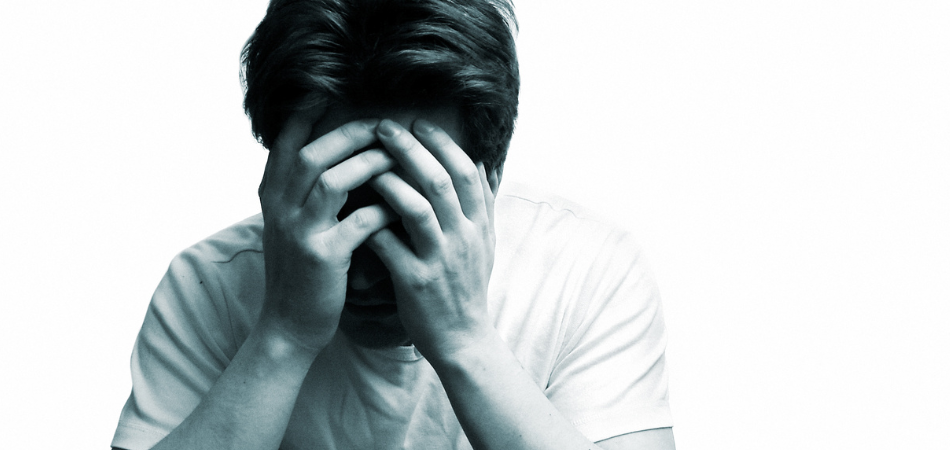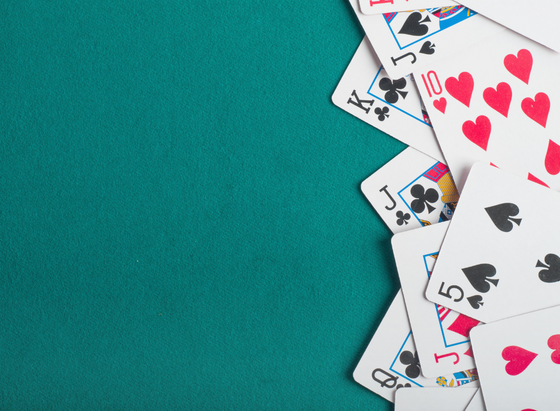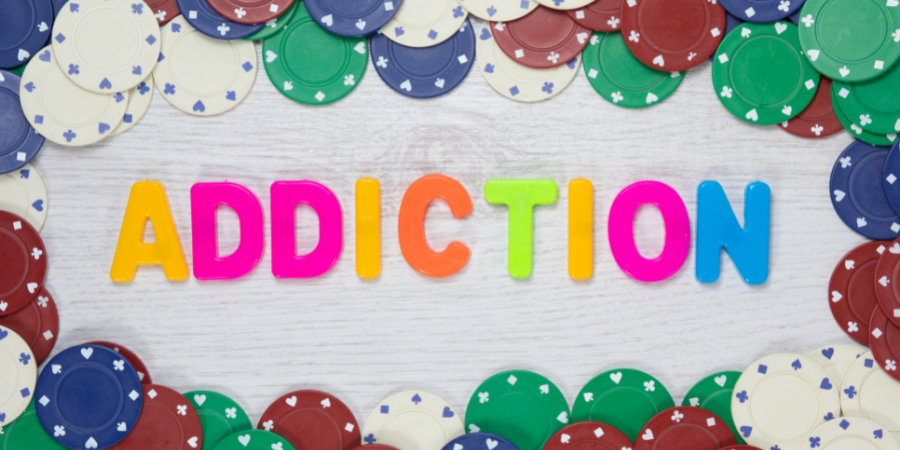Behavioural addiction
If you can’t stop shopping for stuff you don’t need, gamble even though you are in financial straits or keep playing computer games despite falling behind at school, then you may have a behavioural addiction. Long misunderstood and misdiagnosed in the UK, behavioural addictions (or process addictions as they are also known) affect a huge number of people. At Sanctuary Lodge, we are committed to helping those with behavioural addictions get the help and treatment they need to recover.
What is a behavioural addiction?
Behavioural addiction is when you compulsively engage in addictive behaviours even though they are causing issues in your life. There are a number of common behavioural addictions in the UK that many people struggle with but never seek help for. These include:
Sex and love addiction
Click here for more information on sex and love addiction
Social media addiction
Click here for more information on social media addiction
When you engage in addictive behaviours, it triggers the release of dopamine in your brain. This chemical response results in feelings of pleasure that are then associated almost exclusively with the activity itself.
Eventually, this can lead to addiction because your brain becomes reliant on the activity to feel that dopamine-induced sense of pleasure or reward. In the UK, behavioural addictions are becoming more prevalent, and many individuals are unaware that engaging in these addictive behaviours can be as hazardous as substance abuse.
How does behavioural addiction develop?
Many behavioural addictions initially seem harmless as many addictive behaviours are socially acceptable hobbies or activities that many people engage in with no issues.
However, what starts as a casual activity can turn into something more regular over time. The person may start participating in the behaviour more and more, spending huge amounts of money, time or energy on it and neglecting important responsibilities or aspects of their lives. At this point, the activity has developed into dependence where they need to engage in the behaviour just to feel normal and may lie to loved ones (and themselves) about it.
Continuing to engage in addictive behaviours despite these negative consequences is the definition of behavioural addiction and at this point, stopping without professional help can be incredibly difficult.
Who is most likely to develop a behavioural addiction?
There is no one type of person who is more likely to develop a behavioural addiction. However, there are certain factors that can increase the chances of developing an addictive disorder. These include:
- Having a family member with an addiction
- Experiencing trauma or abuse
- Mental health disorders such as anxiety or depression
- Being exposed to addictive behaviours at a young age
- Easy access to the activity
For many people, behavioural addiction starts as a way to cope with stress or difficult life circumstances. It may be used as a form of self-soothing for underlying mental health conditions. Ultimately, however, behavioural addiction is likely to exacerbate these problems rather than provide any relief.
What are the negative impacts of behavioural addiction?
There are a number of ways in which behavioural addiction can negatively impact your life. These include:
- Relationship problems: Behavioural addiction can lead to fighting with your partner, neglecting your children or losing touch with friends and family. You are also likely to start lying to your loved ones to hide the extent of your behavioural addiction.
- Financial problems: Depending on the addictive behaviour, addiction can result in large amounts of debt, not being able to afford bills or basic necessities and even bankruptcy or financial ruin.
- Mental health problems: Behavioural addiction can worsen existing mental health conditions such as depression and anxiety or lead to the development of new ones such as insomnia.
- Physical health problems: Some behavioural addictions such as gambling can cause physical health problems from the stress of constant engagement in the activity. Others, like sex addiction, may lead to sexually transmitted diseases.
Do I have a behavioural addiction?
Like substance addictions, behavioural addictions are very deceitful and will try to persuade you that you don’t have an issue. This allows them to maintain control over your life while also keeping you away from people who want to help you.
If you think you may have a behavioural addiction, here are some questions you can ask yourself:
- Do I continue to engage in addictive behaviours despite the problems they are causing me?
- Am I unable to stop the behaviour even though I want to?
- Does engaging in addictive behaviours make me feel guilty and ashamed or affect my self-esteem?
- Am I engaging in these behaviours far more often than before to achieve the same effects or just to feel “normal”?
- Am I lying to loved ones or engaging in behaviours I know they would disapprove of?
If you answered “yes” to any of these questions, you may have a process addiction and should consider seeking professional help. Sanctuary Lodge has helped many people recover from behavioural addiction and we can help you too. Get in touch with us today for more information.
Behavioural addiction in the UK
In recent years, the number of behavioural addictions in the United Kingdom has increased. While it can be difficult to estimate, as so many behavioural addictions go unreported, it is thought that the most prevalent types of behavioural addiction are shopping, sex and gambling.
Gambling addiction is a particular problem in the UK and many high-profile celebrities like ex-footballer Paul Merson have drawn public attention to the issue. There are an estimated 246,000 people who are addicted to gambling in the UK with the most common sufferers being young men.
Do’s and Don’ts if you have a loved one with a behavioural addiction
Approaching a friend or family member with a behavioural addiction is a delicate matter. If you say or do the wrong thing, even from a place of good intentions, it could make the situation worse.
Here are some do’s and don’ts to keep in mind:
Do:
- Educate yourself about behavioural addiction and the process of recovery. This will help you be more understanding and supportive.
- Approach your loved one in a non-judgemental way and express your concerns.
- Give specific examples of how their behavioural addiction is harming themselves, you and others.
Don’t:
- Try to force them to seek help or threaten them if they don’t. This will only make them resistant to getting the help they need.
- Enable your loved one by giving them money or covering up for them. This will only make the situation worse.
- Ignore the problem and hope it goes away on its own. Behavioural addiction is a serious issue that won’t go away without treatment.
If you think a loved one may have a behavioural addiction, the best thing you can do is talk to them about it and offer your support. Behavioural addiction is a serious issue but there is help available and people can and do recover. Get in touch with Sanctuary Lodge today and we can help your loved one get the help they need.
How is behavioural addiction treated?
Behavioural addiction requires comprehensive treatment to address the underlying causes of your addiction and learn new ways to cope with stress, anxiety and other emotions.
At Sanctuary Lodge, we provide a range of therapies through our behavioural addiction rehab programmes to address every aspect of your behavioural addiction. We are an inpatient recovery centre which provides an immersive recovery environment where you will have no opportunity to engage in addictive behaviours.
Once you leave Sanctuary Lodge, you will then join our aftercare programme during which you will attend weekly group therapy sessions for a full year free of charge. This will help you stay on track with your recovery and prevent relapse.
If you or a loved one is struggling with behavioural addiction, we can help. Get in touch with Sanctuary Lodge today to learn more about our behavioural addiction programmes.
Frequently asked questions
However, withdrawal symptoms that are associated with substance detox are also a result of giving up addictive behaviours and may include:
- Cravings
- Stress
- Anxiety
- Depression
- Irritability
- Mood swings
- Insomnia
- Restlessness
At Sanctuary Lodge, we will help you manage these withdrawal symptoms while you are working to overcome your behavioural addiction.

















